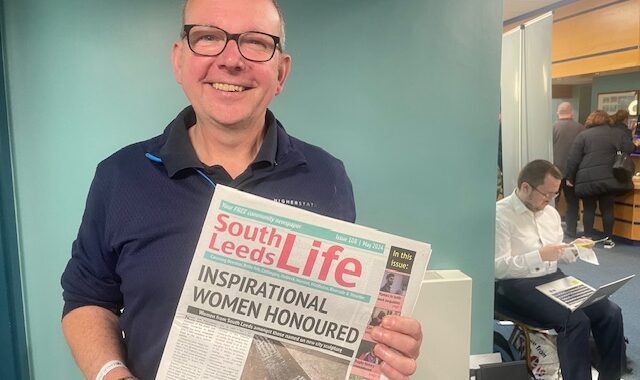
The future of how the press is regulated depends on the result of the 2017 General Election – Labour wants to implement Section 40 of the Crime and Courts Act 2013, the Conservatives promise to scrap it.
Although it may seem like a foregone conclusion, the polls are still fluctuating, and there is still a week to go – plenty of time to examine the issues.
A debate, held at Cardiff University’s School of Journalism, last week, promised to do just that. Organised by the Journalists’ Charity, it asked the question, Victims or Villains: Is freedom of the press under threat?
However, in a post-Leveson, post-truth, post-editorial world, the question surely must be how, if at all, can the the press balance accountability and independence.
Sir Alan Moses, chair of IPSO, said: “What regulation ought to be and how it should be controlled pail into insignificance in the face of a generation of people who no longer read newspapers
“At least when an editor was responsible, Leveson was essential..’
The real threat, he said, comes from content that is uncurated, unedited and not bound by legally enforceable legislation.
Tryst Williams, the editor of South Wales Echo, criticised the Spitting Image stereotype that has stuck with journalists: that of pigs in pork pie hats snuffling around for stories.
“Yes there are bad apples,” he said. “But while there are few victims, there are certainly no villains.
“The regional press is far too often tarred with the same brush as the nationals, despite them being two distinct branches.”
Martin Shipman, Chief Reporter for the Western Mail and Chair of the Trinity Mirror NUJ Group Chapel, said he was more concerned with whether there would be an industry left to regulate in a few years’ time.
Citing depressing figures (more than 1/3 publishers since 1985 no longer exist), Martin argued that the greed of certain publishers had decimated the industry.
Job cuts, a detectable decrease in public service journalism and business cases predicated on getting as many clicks as possible had resulted in a race to the bottom.
Pointing the finger at his own employer, Trinity Mirror, Shipman said: “Democratic deficit stuff doesn’t get enough clicks,” Shipman said. “That’s what I was told by the Chief Exec. In terms of day-to-day, it’s all about clicks over content.
Tracey Singlehurst-Ward, a partner at Hugh James Solicitors in Cardiff, and specialist in defamation law was keen to point out that since Leveson there have been massive inroads in tackling defamation.
“There’s certainly less of it,” she said. “However it’s an ongoing issue with online press.
“Leveson hasn’t done enough. There needs to be a strong justice system that ensures commercial balance.
“If the restraint is too strict, readership will drop. But until we have a system that is deterrent enough, but fair, we are going to need ongoing reform.”
She added: “IPSO is not as good as it should be. It is not efficient enough.”
Sir Alan replied saying: “IPSO is continually learning. Accusations made by organisations like Hacked Off are, in may cases, well-made criticisms that we must take on board.
“But development takes time and persuasion.”
Asked by an audience member what his thoughts were on the future of Impress and the– the board convened to appoint a new press regulator – Sir Alan batted it away.
“One should not look at IPSO and Impress in the same way. One is a regulator, the other is a campaigning organisation.”
Chair of the debate, Professor Richard Sambrook asked how do you balance independence and accountability.
Sir Alan responded saying: “By infringing on [newspapers’] freedom, we adjudicate where and when and what they say.
“There were no front page corrections before IPSO.”
Crucially, while far from arguing in favour of it, Sir Alan insisted that the only way to balance accountability and independence of the press, is to license it.
“There could be balance through a regulator like Ofcom,” he said. “But do we really want the press to be like the BBC?
“There is a danger of legislating in tears,” he said. “If you try to legislate in an emergency it is very difficult to get rid of it.”
Professor Sambrook asked if headlines like ‘Crush the Saboteurs’, and ‘Supreme Court Justices are enemies of the people’ were the price of a free press.
“I’m afraid they are,” said Sir Alan. “If you don’t like it, don’t buy the newspapers.”
He added: “The biggest selling newspaper in Wales is the Daily Mail. It’s also one of the most complained about.
“We care about regulation, we fervently want it to work. But getting the balance right is no easy task.”




